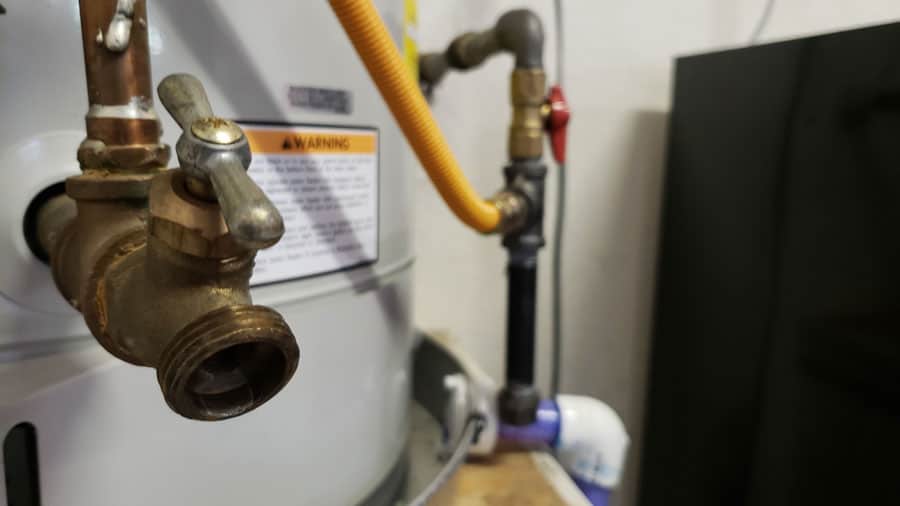Some homeowners are very fortunate, and their water heater lasts for decades. But that is certainly the exception and not the rule. On average, a conventional water heater will provide between 12-15 years of reliable service. However, that is only possible with proper care and annual maintenance. If your home’s water heater is nearing the ten-year plateau, you should be aware of the common warning signs of a failing water heater. Knowing these few indications will help you avoid a cold shower and possibly even a costly water heater replacement when an affordable repair could have been a solution if you acted quickly.
It Came With The House
This first tip is for all homeowners who have no idea how old their water heater is or when it was installed. It came with the house when you moved in. And it has been working like a champ. But at some point, it will leave you with nothing but cold water. So it is best to take a look at the date code on your home’s water heater.
There will be a label on the upper part of the holding tank that includes the serial number and date code. The date code will start with a letter. A is for January, B is for February, and so on. The following two numbers will indicate the year the unit was made. Using this system, D04 would signify that the water heater was made in April of 2004. And it would mean that you are well past the average life expectancy of 12 to 15 years. Knowing the age of the unit, consider the following signs or hints that might apply to your old water heater.
Less Hot Water
As your water heater ages, it could begin to produce less hot water. The cause could be several failing parts from the heating element to the thermostat. If this happens with a newer unit, a repair is often a cost-effective solution. But once you hit the 12-year mark, a replacement is typically an excellent proactive investment.
Rusty Water
If you see tiny particles in your hot water, there is rust in the holding tank or your water lines. Ideally, the rust is in the holding tank as a water heater is far less expensive than repiping your entire house. If the tank has not been flushed annually, there is a good chance that the mineral sediment in the tank has destroyed the tank lining and is now eating away at the tank wall. Once the tank is compromised, the only safe solution is a new water heater.
Leaks
A leaking valve or fitting on the water heater tank is typically not a costly repair. However, if the water was dripping down the outside of the tank, it can cause the tank to rust. You will see water oozing from the bubbled area of the tank wall. Just like corrosion inside the holding tank, there is no way to repair this damage. A new unit is needed.
Higher Energy Bills
If you have found that your energy bill is constantly increasing, the culprit could be your water heater. As it ages, it becomes less energy efficient. While this is not a reason to rush out and get a new water heater, it will be a contributing factor when you begin to see a decrease in its function.
To learn more about the signs of a failing water heater, call (928) 597-1690. The pros at Professional Home Doctors will answer your questions and provide you with a complete price quote for a replacement.

